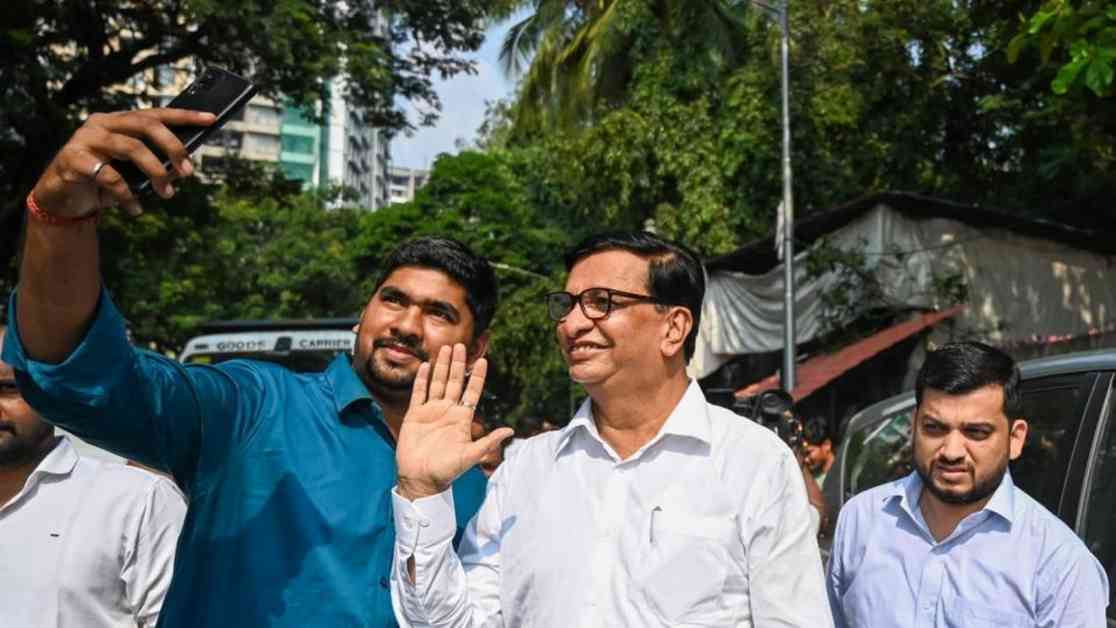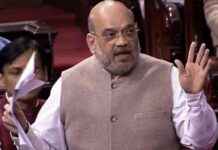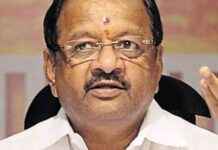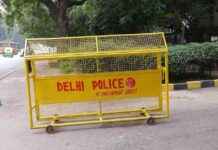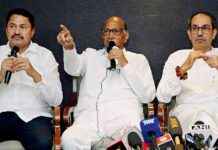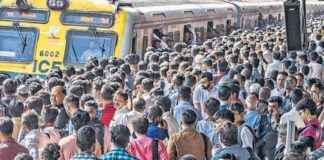The Maharashtra Vikas Aghadi (MVA) has finally reached an agreement on seat-sharing for the upcoming assembly elections. According to insiders, the Congress will contest 105 seats, the Shiv Sena (UBT) will contest 95 seats, and the NCP (SP) will contest 84 seats. The remaining four seats will be allocated to smaller allies within the coalition to ensure their inclusion.
This seat-sharing arrangement marks a departure from the distribution of seats in the recent Lok Sabha elections, where the Shiv Sena (UBT) contested the highest number of seats (21 out of 48), followed by the Congress with 17 seats and the NCP (SP) with 10 seats. The shift in seat allocation reflects the Congress’s emergence as the single largest party in the Lok Sabha polls, winning 13 seats, compared to Shiv Sena (UBT)’s nine and NCP (SP)’s eight seats.
The negotiations for seat-sharing had been ongoing for weeks and were reignited when senior Congress leader Balasaheb Thorat, acting as a mediator, met with NCP (SP) chief Sharad Pawar and Shiv Sena (UBT) chief Uddhav Thackeray. The talks aimed to ease tensions that had arisen during previous discussions, leading to some disagreements between the Sena (UBT) and Congress leaders. Despite facing some challenges, the alliance partners managed to resolve most of their differences, leaving only 12 disputed seats by the end of the discussions.
The ruling Mahayuti alliance, on the other hand, struggled to finalize a seat-sharing agreement among its three constituents. While a tentative formula has been proposed allocating 155 to 160 seats to the BJP, 85 to 90 seats to the Shiv Sena (UBT), and 45 to 50 seats to the NCP, disputes over 25 seats persisted. Efforts are underway to resolve these disagreements, with leaders from the three parties scheduled to meet with union home minister Amit Shah for further discussions.
In a bid to prevent the division of votes, the ruling alliance plans to support Maharashtra Navnirman Sena candidates in key constituencies like Sewri and Mahim. Additionally, some seats will be exchanged among the parties to accommodate sitting MLAs and candidates lacking strong contenders. This strategy has already seen BJP leader Rajkumar Badole joining the NCP and contesting from Arjuni Morgaon, potentially replacing Ajit Pawar’s incumbent MLA Manohar Chandrikapure.
As the seat-sharing agreements are finalized and disputes are resolved, the political landscape in Maharashtra is set for a significant shift ahead of the upcoming assembly elections. The negotiations and compromises made by the MVA and the Mahayuti alliance will undoubtedly shape the electoral outcomes and determine the distribution of power in the state government.
